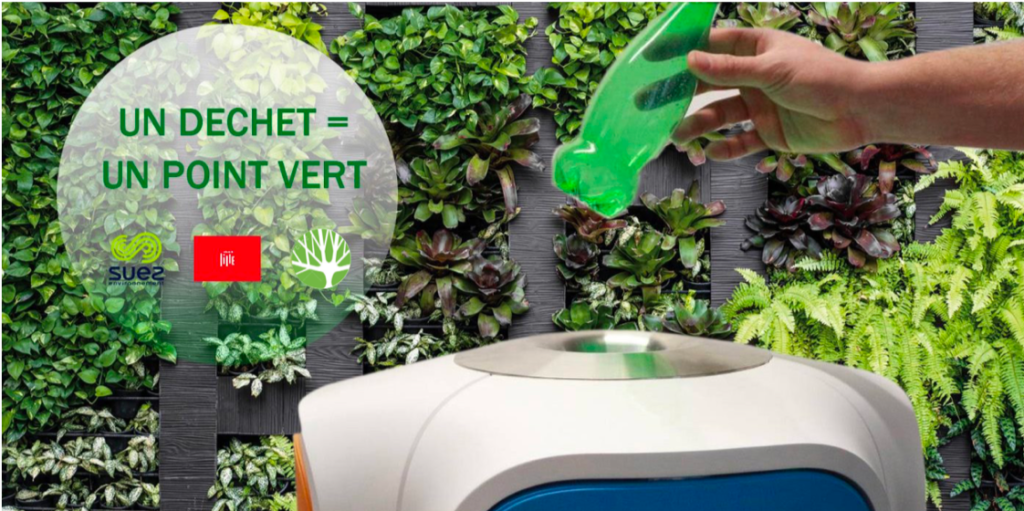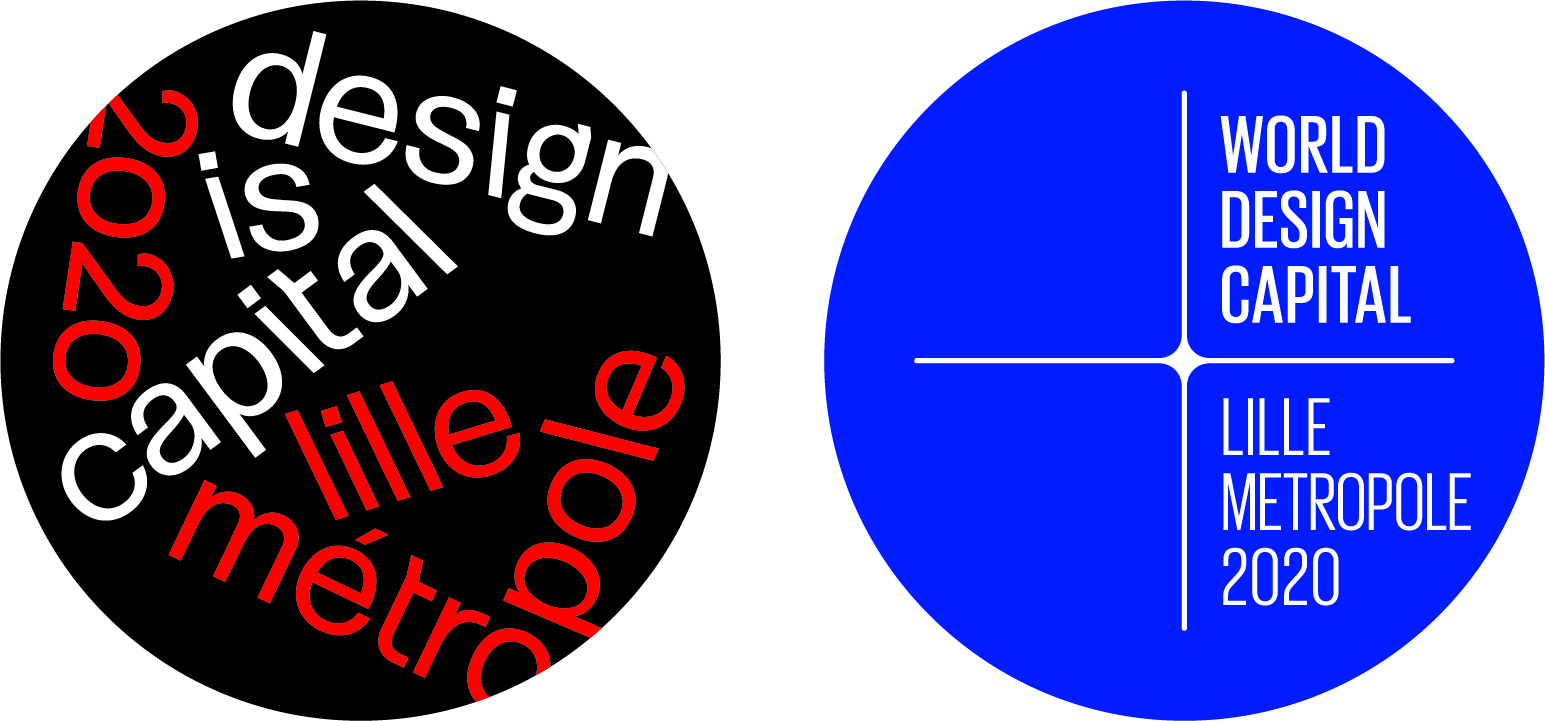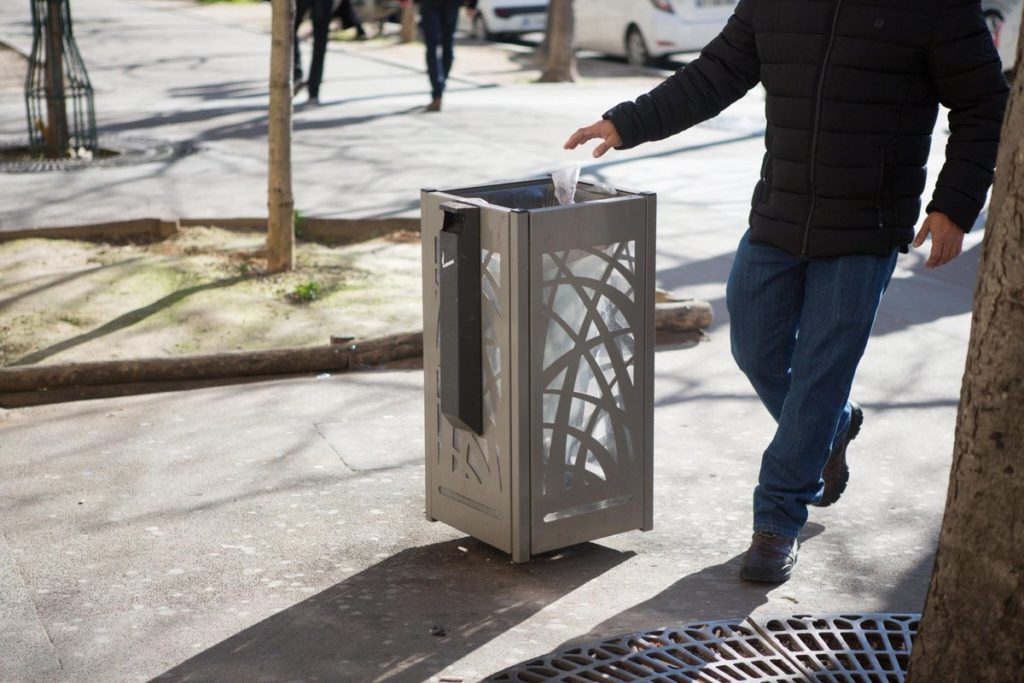POC Innover la propreté urbaine
Participatory urban cleanliness
Why would trash sorting be less important outdoors than at home? Who on earth would have the idea of throwing away used tissues in their living room, or a pack of cigarettes in their garden? Yet these incivilities are frequent in public space. Precisely because they are public. It belongs to no one in particular. And belongs to everyone at the same time.
Commitment to results
The cleanliness of a neighbourhood, of a street, which is a subjective concept specific to each person, depends on our perception of public space and our qualitative appreciation of the city in the broadest sense. Urban cleanliness is therefore a major issue for all communities since it reflects the image we have of a city.
Within the project’s framework, SUEZ is aiming for a paradigm shift in its relationship with local authorities and users, i.e. the need to move from a logic of means to a commitment to results in a collaborative manner, one which makes citizens actors of their neighbourhood and territory.
A collaborative public service
Students from the National School of Visual Arts of La Cambre, ENSAV, in Brussels, explored the topic through a small exercise: making visible communities who carry out the same sorting/recycling/recovery actions as in the domestic world; highlighting trash bins within the urban universe, making them easy to spot from afar; developing civility assistance services such as a compass app that locates the closest waste bins; developing collaborative public services such as putting a public waste bin in front of homes, to be emptied together with domestic waste.
The real challenge of urban cleanliness is certainly that of the reappropriation of public space by users, designing innovative citizen-led and collaborative solutions, involving users first and improving sustainably behaviours.



- Porteurs de projet/Project holders :Suez
- Designers :Étudiants de Master/ Master students ENSAVLa Cambre
- Acteurs/Stakeholders : Strategic Design Scenarios
- Crédits photo / photo credits :Suez et Étudiants de Master/ Master students ENSAVLa Cambre

